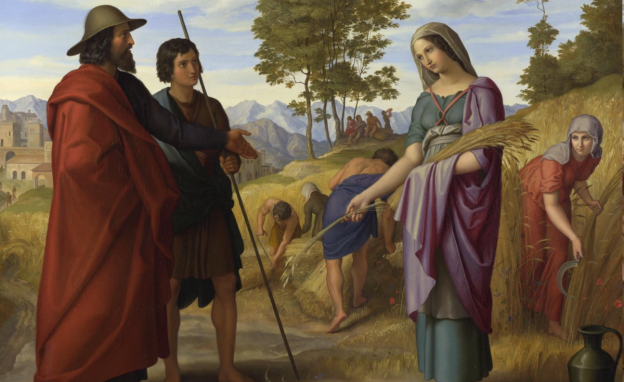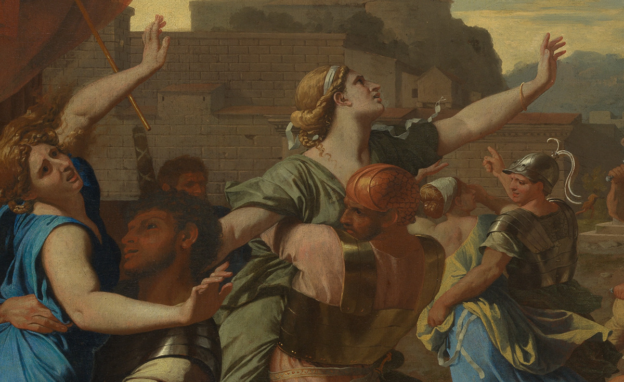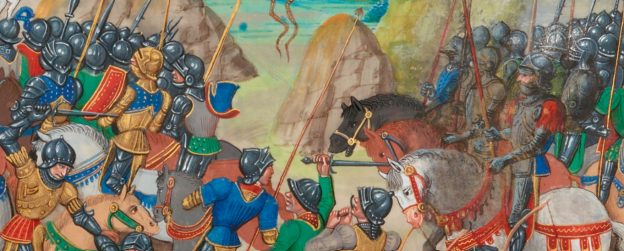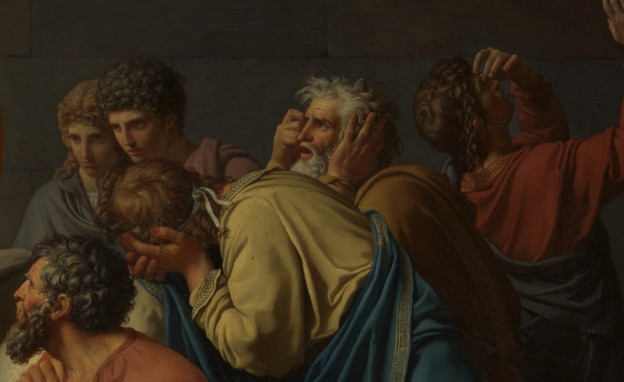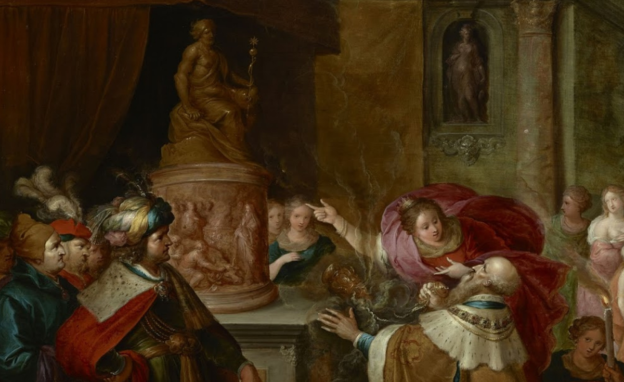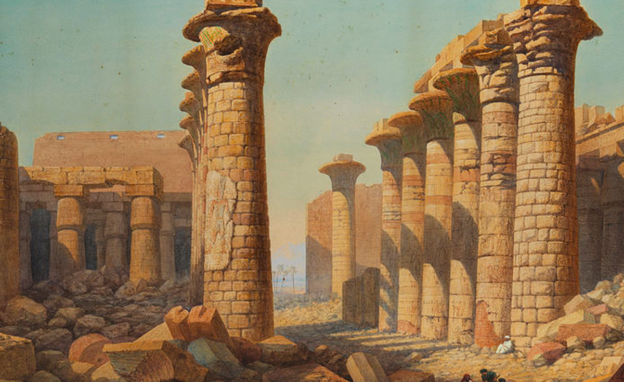Life is not always black and white. We live in a world where through naivety or bad advice, we sometimes find ourselves in morally dubious situations. Yet despite this, as the Scriptures attest there are ways we can behave which are upright and bring glory to God, as we seek after our redeemer.
In Ruth 3, Naomi places Ruth and Boaz in a questionable and morally dubious situation where things could have gone very wrong. As Ruth sought a Redeemer at Naomi’s prodding, Boaz and Ruth both behaved in a way which upheld their honour, demonstrated their love of God, and demonstrates God’s love towards us.
After Ruth’s interaction with Boaz in chapter 2, a number of weeks continued to pass as Ruth gleaned Boaz’s fields (2:23). While the initial conversation between Ruth and Boaz seemed promising, the weeks drew on. Naomi may have thought that things needed to be brought to a head.
Naomi had taken to heart the need to ensure that her daughter-in-law, who had given up her old life for Naomi and for God, found “rest” through marriage (v.1). However, Ruth was tainted by association from her Moabite background (which implied immorality), so many Israelites would have viewed her with suspicion.
Naomi suggested that Ruth press the issue with Boaz, who held the status of Redeemer for Naomi (v.2). She told Ruth to wash herself, apply perfume, walk (at night!) to Boaz’s threshing floor, and lie down next to him as he slept in the threshing floor (protecting the harvest; vv.3-5).
These instructions are extremely ambiguous, especially as phrases like uncovering feet can be a Hebrew euphemism. Perhaps Naomi was being deliberately ambiguous in her suggestions, or perhaps acting out of desperation. Nevertheless, this placed Ruth in a tricky situation as she followed Naomi’s instructions (vv.6-7).
The night had gone well, with feasting and merriment, and Boaz lay down to sleep. But midnight came and his sleep was disturbed, perhaps by the cool air now blowing on his exposed legs. He was startled as he reached over to pull the blanket back down, and “behold, a woman lay at his feet!” (v.8)
Boaz immediately asked who this woman was (v.9). However, while things could have descended into a night of passion, Ruth made clear her intentions stating “I am Ruth, your servant. Spread your wings over your servant, for you are a redeemer” (v.9). Ruth was after a husband, not a dalliance. Covering her with the blanket was an ancient custom equivalent to an engagement ring.
Strictly speaking, Boaz was not legally required to do anything. He could have taken advantage of the situation. Instead, Boaz acted honourably, blessing her for seeking him rather than a younger man, and indicating he was willing to pay the cultural and financial price of marrying Ruth and supporting Naomi, despite the taint of marrying a foreigner (vv.10-11).
One complexity remained; Boaz was not Naomi’s closest relative, another would have the first claim before Boaz could do as he was willing (vv.12-13). One way or another, Naomi and Ruth would be redeemed.
To protect her reputation, Boaz instructed her to sleep until near morning (where she was safe) and then he sent her home, before dawn revealed Ruth and Boaz in a potentially compromising situation (v.14). Boaz sent Ruth away, but again with a substantial gift of 35 kg of barley (v.15).
When she returned home, Naomi wanted to know whether Ruth was truly the one through whom God would bless and redeem her, or a nobody she had falsely pinned her hopes in (v.16). Her return with her account and the large gift made clear of Boaz’s intentions to redeem Ruth and Naomi from their situation (vv.16-17), something which would be settled one way or another very soon (v.18).
While not the primary point of this passage, this passage is written in a way that reminds us that we often find ourselves in potentially morally dubious situations. The text makes clear that this encounter could have ended very differently, but Ruth and Boaz were upright and behaved in a way which glorified God.
We too in life will find ourselves in these situations, not always of our own making. As with Ruth and Boaz, we honour God by behaving appropriately and not taking the opportunity to indulge in sin.
The uprightness of their acts reflected their faith in God, and God’s overwatch of events. God intended to redeem Ruth and Naomi, and ordered events for their good not ill. God does so today, too.
Ultimately, Boaz is a redeemer and a type of Jesus, our redeemer from sin and death. Boaz risked his reputation by his willingness to marry Ruth, and assumed cost to himself which he did not legally have to.
Likewise, Jesus did not have to save us. But he freely took the cost of death on the Cross, and accepted the taint to his reputation by associating with all types of sinners, because his redemption of us brings glory to God.

